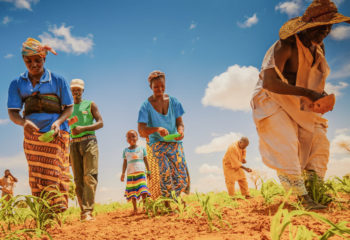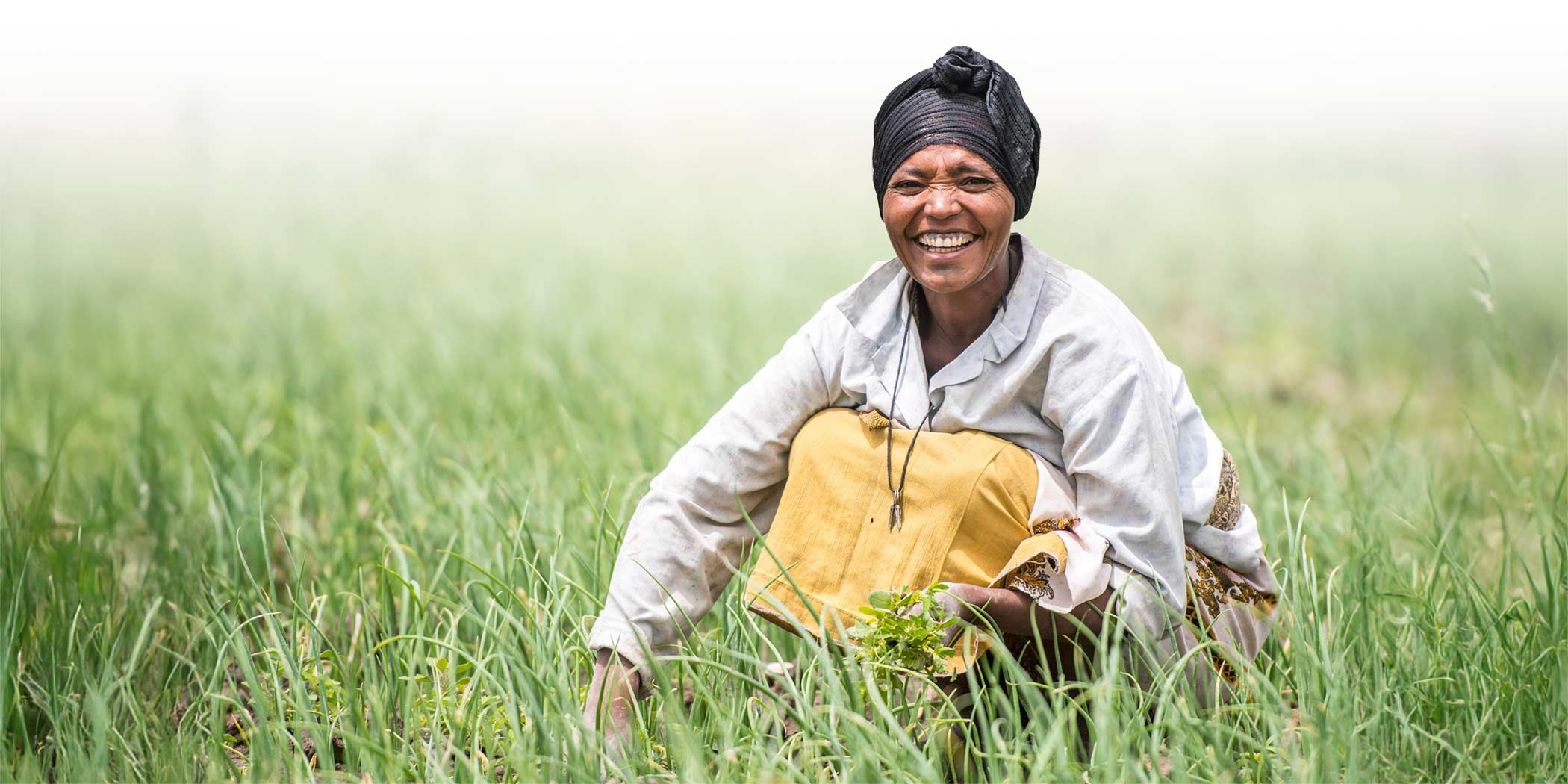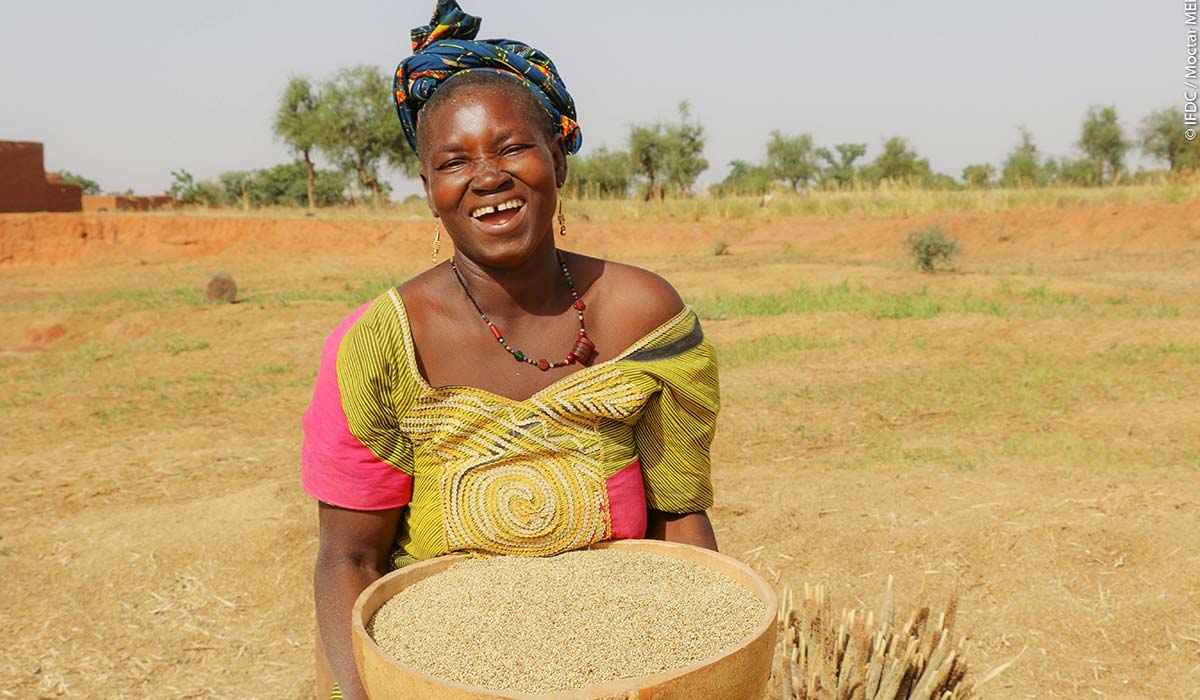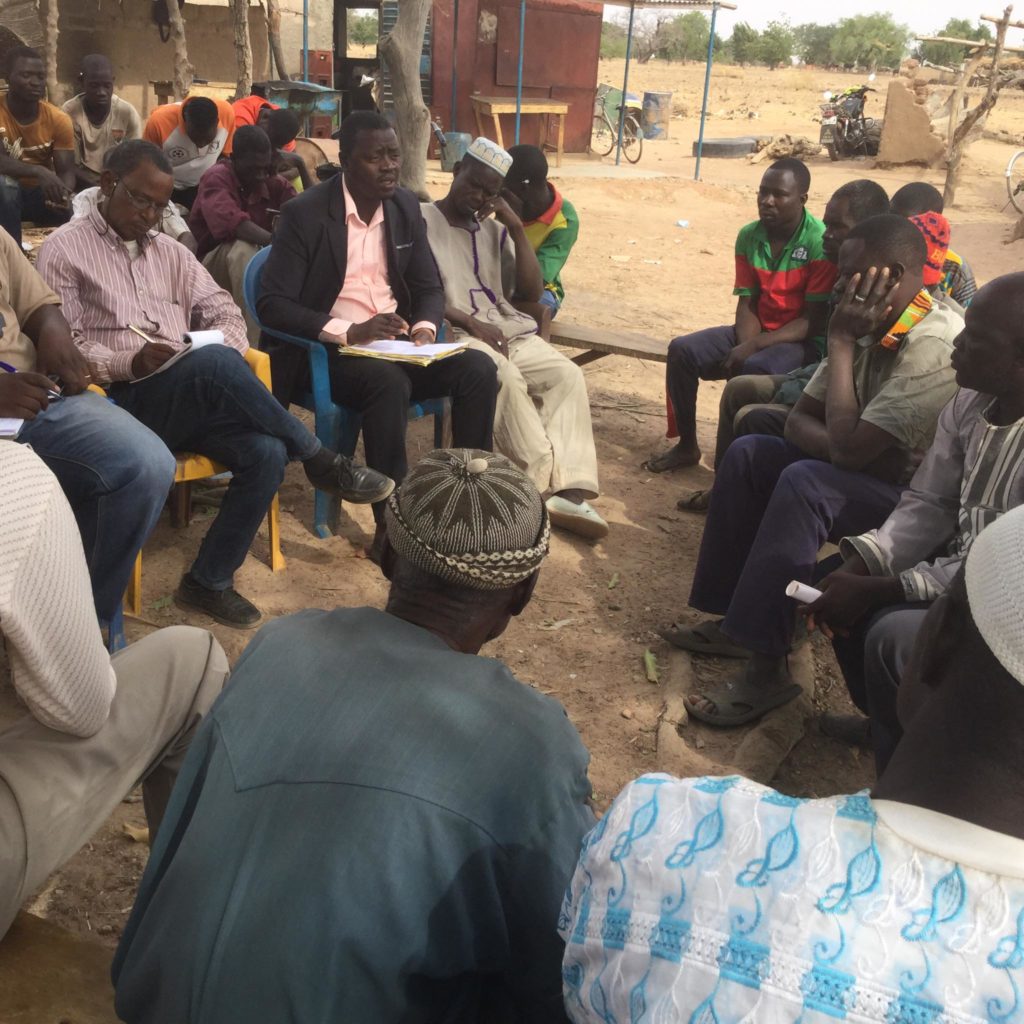
SAPEP assists West African smallholders to overcome productivity challenges related to soil, seed, training, and market access.
SAPEP, funded by the Islamic Development Bank from 2015 to 2021, is designed to overcome major productivity challenges, including poor soil health, limited seed production, poor access to markets and finance, and weak research-extension-farmer linkages, in Benin, Burkina Faso, Cameroon, Mali, and Niger.
The objective is to increase agricultural productivity and smallholder farmers’ incomes for rainfed and irrigated food crops.
The program seeks to increase the use of integrated soil fertility management (ISFM) technologies by smallholder farmers, enhance access to improved crop varieties, and improve access to financial services and output markets for smallholders and other producers along the agricultural value chain.
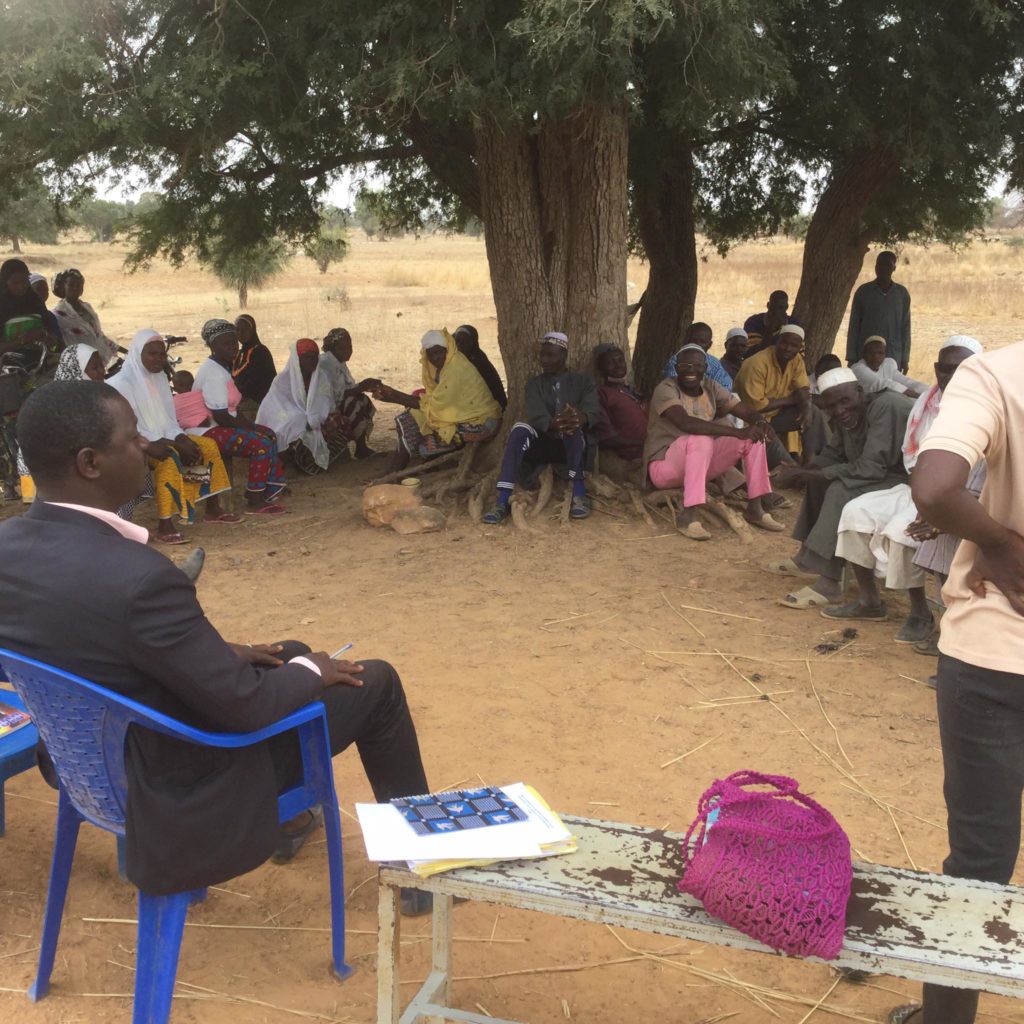
Anticipated Results
In assisting West African smallholders to overcome productivity challenges related to soil, seed, training, and market access, 500,000 households will increase crop yields by 70% and incomes by 20%.
Project Components
Soil Fertility
- Refinement of ISFM technologies.
- Set up of a first-class laboratory for soil, water, fertilizer, and plant analysis in each of the five countries.
- Large-scale dissemination of ISFM technologies.
Seed
- Work with scientists for the release of new seed.
- Support private sector seed production.
- Develop seed biosafety and legal framework.
Access to Markets and Finance
- Assist smallholders in accessing profitable markets.
- Create linkages between smallholders and financial institutions for agricultural loans.
Results
2021
- Implemented an inventory credit system in Cameroon, allowing farmers to purchase fertilizers and improved seed and sell their products at a higher price.
- Established 25 agribusiness centers with post-harvest seed treatment equipment.
2020
- Hosted five regional workshops for country experts on soils, seed, markets and finance, and monitoring and evaluation.
- Established a modern soil and plant analysis laboratory.
- Began setting up farmer field schools and demonstration plots on ISFM technologies, screening of improved varieties, and production of improved seeds.
2019
- Reports were prepared on value chain analysis for principal food crops in Burkina Faso, Mali, and Niger.
- Five regional workshops were organized for SAPEP country experts in soil, seed, markets and finance, and monitoring and evaluation.
- Field visits were carried out to provide technical backstopping to project activities.
- New activities using the SAPEP approach were developed for Guinea on integrated rural development and the crop value chain and for Niger on the rice value chain.

